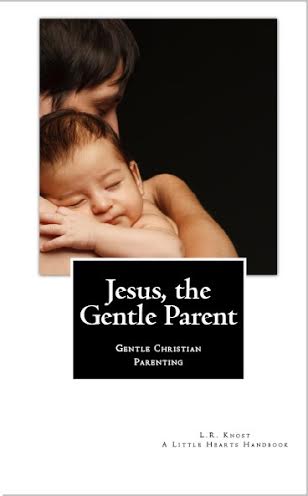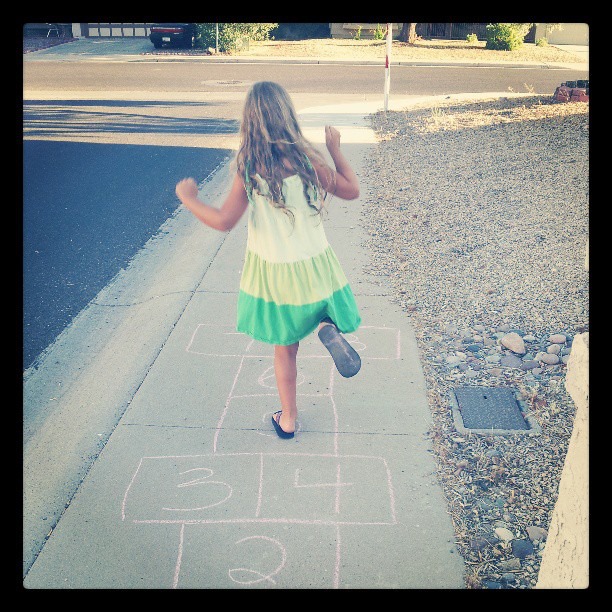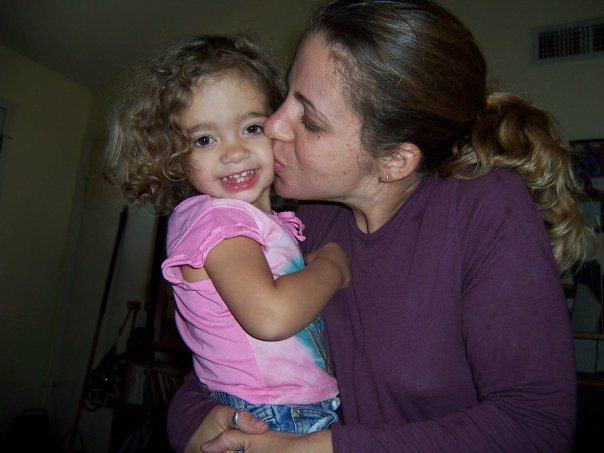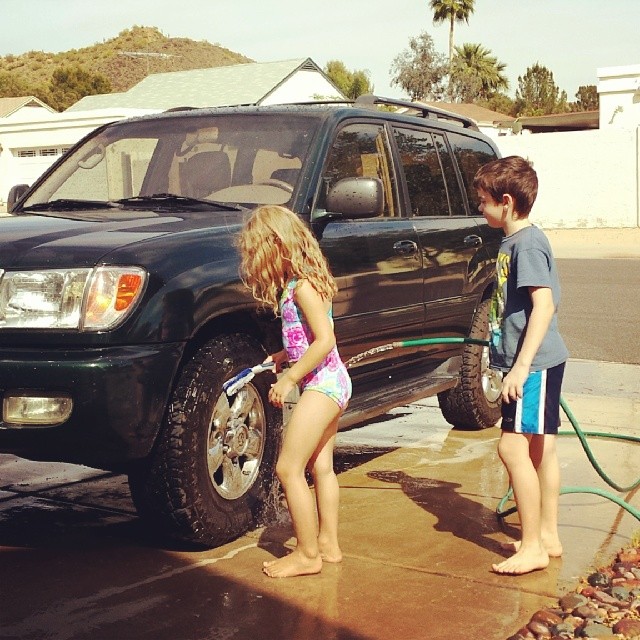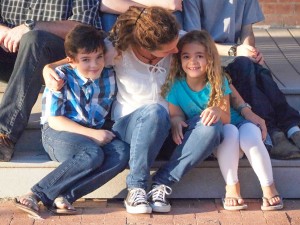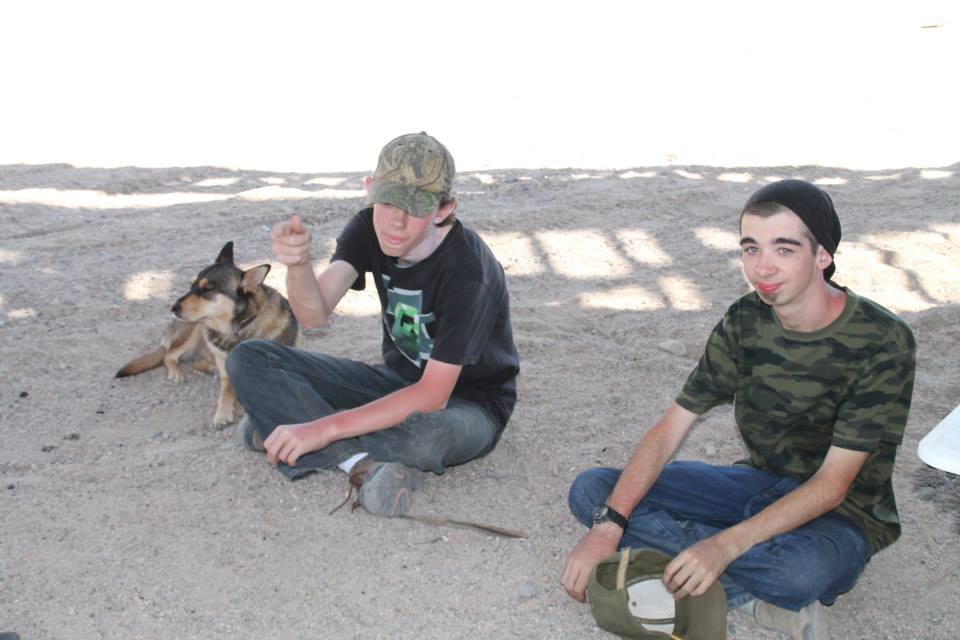It’s happened again. A parenting article gone viral, one that has the mainstream masses rising from their seats in raucous applause…. and the rest of us shaking our collective heads. In the article 5 Reasons Modern-Day Parenting is in Crisis, a nanny (I think that’s important to note. She’s writing it as a nanny, not as a mother) outlines what she believes to be the five worst mistakes being made by us modern parents. It’s a crisis, she tells us.
Well, she and I do agree on one thing. There’s a problem with parenting today. But I believe it’s very much the opposite of the one she describes in her article. These are her five main points, and how I would re-write them.
***************************************************************************
1. She says: A fear of our children. I say: A fear of loving or giving our children too much
People are so afraid of this myth of the spoiled child, that they’re failing to look at this rationally. Our children are people, deserving of the same kindness, consideration, and respect that we’d give anyone else whom we loved. She outlines the example of a child upset because she wanted her milk in a different colored cup. She says, “Let her have a tantrum, and remove yourself so you don’t have to hear it. But for goodness’ sake, don’t make extra work for yourself just to please her” My first thought would be to simply ask what cup the child would like before you poured it, but beyond that: why shouldn’t the child be able to request a certain cup, and why on earth would you deny a request for something so simple? Just because you can? Parenting shouldn’t be about power plays and control. It should be a partnership. A dance. With respect and consideration going both ways. Imagine you had a special house guest. Without knowing his preferences, you hand him an ice cold Coke. If he politely asks you for a glass of water instead, would you refuse to give it to him in order to teach him a lesson? Of course not. You’d simply get him the water. Shouldn’t our children be treated with at least as much care as we’d give a guest in our home?
At one point in the cup scenario, the author says, “mum’s face whitens and she rushes to get the preferred sippy cup before the child has a tantrum.” And absolutely, you shouldn’t do things for your children out of fear. But you should do things for them because you love them. Because you should give, and give freely, just like you’d do for any other person in your life whom you love. And finally, a child’s life is so full of decisions that are made for them. If we want our children to be good decision makers, they have to make decisions! We need to empower them by letting them make as many decisions as they can….. especially when it comes to something as easy to grant as a blue sippy cup.
2. She says: A lowered bar. I say: An expectation that children should act like miniature adults.
Oftentimes, I see people expecting children to act even better than adults. They’re not allowed to question, they’re not allowed to express displeasure, they’re not allowed to make noise. They’re not allowed to act like children. In short, they’re not allowed to be human. You guys, we’re raising PEOPLE here, not training monkeys. They are young people who are still growing, still maturing, still figuring out how things work. The author worries about kids learning manners, how to clean up after themselves, and how to wait patiently at a restaurant. And your child WILL learn those things if you expose him! He will learn good manners when he sees you, yourself, consistently displaying them to the people around him. He will learn to clean up after himself when he sees you, yourself, consistently cleaning your own messes. He will learn to wait patiently at a restaurant when he sees you, yourself, consistently waiting patiently. In the meantime, help him navigate! Use “please” and “thank you” if that’s important to you, but don’t chastise him if he forgets. Let him help wipe up the spilled milk, but don’t critique his work. Model appropriate behavior at the restaurant, but order his food early, color with him on his kids’ menu, and commiserate with him that waiting is sometimes hard. Expect great things from your children, yes. But don’t expect them to behave like full-grown adults when they’re 3.
3. She says: We’ve lost the village. I say: We’ve lost a *healthy* village
I don’t entirely disagree on this point. But where the author and I part company on this issue is how we view “the village.” I think community is incredibly important, but not in the negative fashion that she describes. She bemoans, “it used to be that bus drivers, teachers, shopkeepers and other parents had carte blanche to correct an unruly child.” She talks about the need of other authority figures to “correct” (ie: punish) someone else’s child, and that is not something I can rally around. More adults to befriend children, to talk to children, to take children under their wing, to mentor them, to treat them like people? Absolutely! My uncle recently moved from the east coast to retire in Arizona, and it’s neat to watch the relationship he’s formed with Spencer (17 at the time of this writing) They both love engines, and machines, and figuring out how stuff works, and have bonded over their shared interest. Family and friends who are supportive in this way are invaluable, to be sure, and it is no small thing to have a network of people who enrich your life and the lives of your children through friendship, and through kindness and compassion…. NOT through “carte blanche to correct your unruly child.”
4. She says: A reliance on short cuts. I say: A reliance on the way things have always been done
This was a strange one. She starts out by chastising the parent who uses technology to keep a child busy while waiting at a restaurant (Caillou, by the way, is spelled C-A-I-L-L-O-U) but quickly moves in to advising parents to let their babies “self-soothe”, and not to help their toddler who’s raising his arms to be picked up after he falls. Modern technology is its own issue, and for the record I find nothing wrong with letting a child quietly watch something on a phone or tablet when he’s waiting for something. But far more concerning to me is this idea of being a hands-off parent. Yes, your parents probably left you to cry-it-out. Yes, lots of parenting books still advocate “sleep training” and “self-soothing.” Yes, many parents will tell you you’ll “spoil” your child if you respond to them too often. But what does your instinct tell you? Do you listen to it? Instinct tells us to go to our children when they cry. Instinct tells us to pick them up when they want our assistance. Instinct tells us to comfort them, to love them, to be there for them. It tells us to pick them up when they cry. The first time and the thousandth time. Babies NEED their parents. They need touch. They need connection. They need to be heard. Parents fear that if they hold their children too much that they will never separate, but it doesn’t work that way. A need that is met breeds confidence and self-assurance and feelings of wholeness. A need that is not met never really goes away…. it just resurfaces later in some other form. Don’t rely on “baby training” because a book or your mother or that internet celebrity tells you that’s the way it’s always been done. Your child is a person, and she needs you.
5. She says: Parents putting their kids’ needs ahead of their own. I say: Parents putting their own needs ahead of their kids.
None of your children asked to be born. Let me just start there. Children come into our lives as our invited guests. It makes no logical sense to me to invite these little people (with big needs) into our lives only to then expect to go about business as usual, expect to continue putting ourselves first, expect them to conform and compromise and go without according to our own desires. Your life changes the moment you bring a child into the world, and it should! Particularly when they are very little, your kids’ needs should come first. And before I’m accused of it, I’m not suggesting martyrdom here. YES, make self-care a priority. It’s important. But it should never come at the expense of your child.
The author gives the following examples of “mistakes” parents are making in this area: “Often I see mums get up from bed again and again to fulfill the whims of their child. Or dads drop everything to run across the zoo to get their daughter a drink because she’s thirsty. ” I’m not a fan of the negative-sounding “whims”, but if your child has a need at night, help them meet it! And if your child is thirsty at the zoo, for heavens sake…. get her a drink! I think we’ve lost sight of “doing unto others” in the name of not spoiling our children, and THAT is the real problem with parenting today. Not giving too much. Not the lack of a village. Not picking them up when they cry. We’ve forgotten that children are people – cherished people, deeply loved people – and that they are deserving of all we can possibly give them.
And finally, the author closes in part by saying, “So please, parents and caregivers from London to Los Angeles, and all over the world, ask more. Expect more. Share your struggles. Give less. ” Every time I’ve read this article those words, “give less” haunt me. Give less? No. No, no, no. We need to give more. More to the people around us, more to our children, more to ourselves. We need to give freely. Abundantly. Selflessly. We need to give of our hearts, our time, our attention. Yes, we need to give more.
And when we lovingly give to our children, they in turn, will become adults who give to the people around them.


